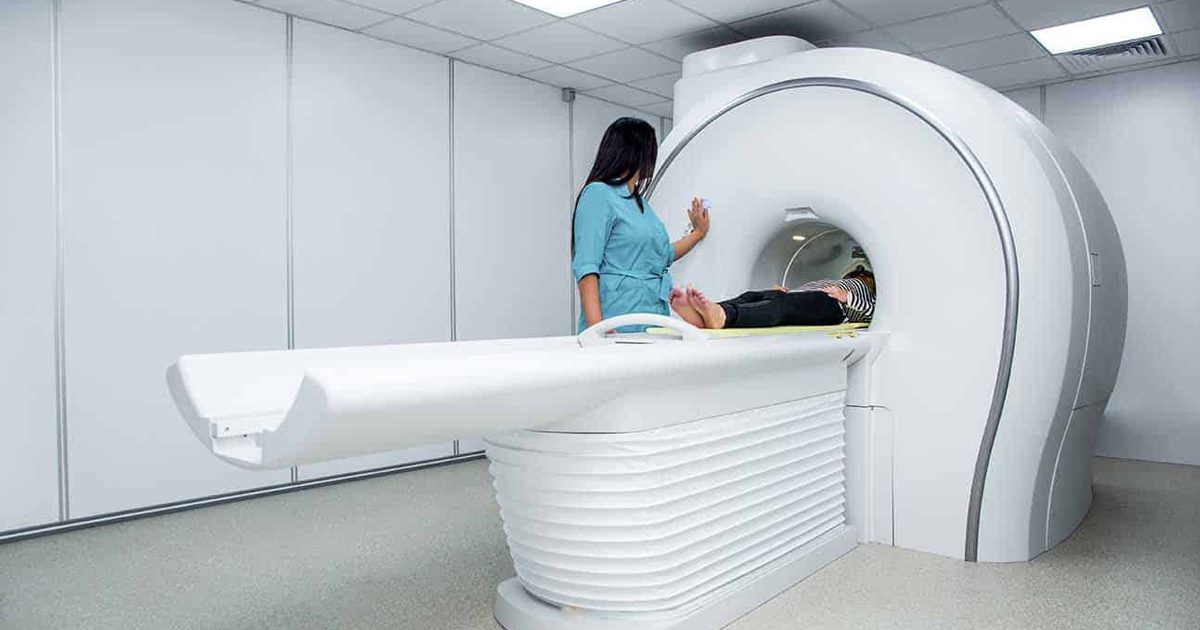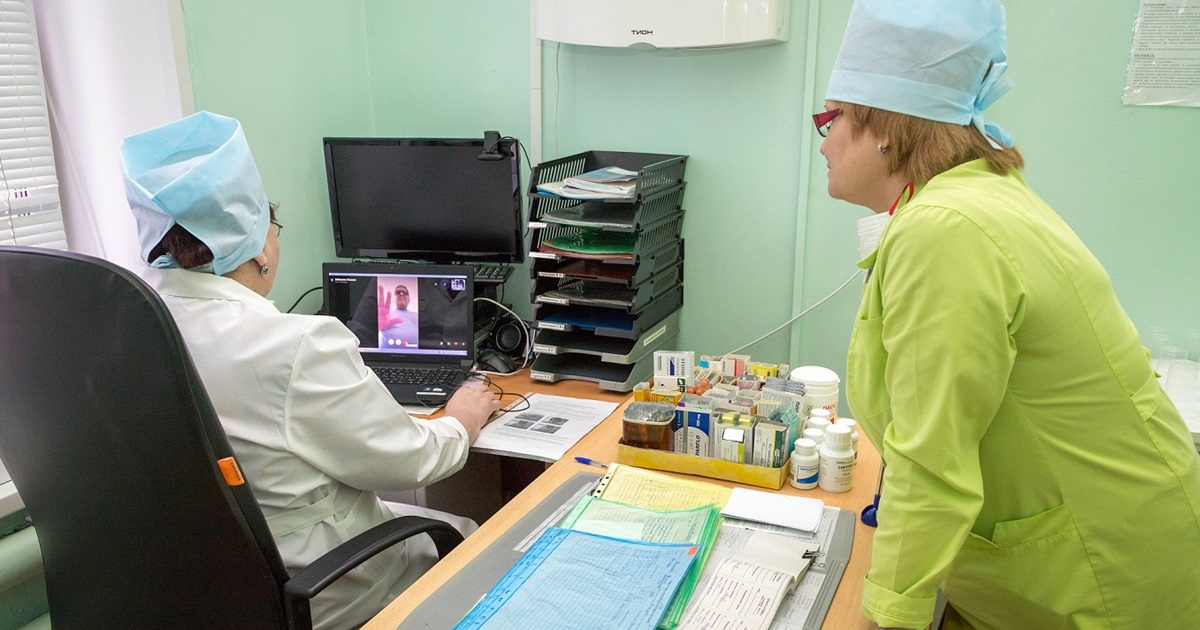The study presents a review of models for health economic evaluation (HEEs) of Artificial Intelligence (AI) tools, to analyze their profitability and cost-effectiveness.
AI has undergone significant development in the area of medical care. Advances in computer science, algorithms, as well as the digitization of health data, have encouraged the progress of AI in health and personalized care. Recently, ScienceDirect published a systematic review on health economics evaluation focused on AI in health entitled: “Systematic review of health economics evaluations focused on artificial intelligence in health care: the tortoise and the tortoise”. Cheetah".
Its objective was to discuss the relevant methods, quality and challenges for the future of the implementation of AI in health. The authors reviewed 884 studies on AI in health, which included topics such as medical image analysis models, cost-effectiveness analysis of AI tools in health, among others.
The studies were extracted from the PubMed and Scopus databases, with the purpose of identifying potential studies related to economic analysis in health, for which the following search terms (in English) were included: effects, health results, economic , cost, budget, quality, benefits and reduction. And to include AI terms, keywords such as: computerized, machine learning, deep learning, data driven, artificial intelligence, among others, were included.
Of the more than 800 studies, only 31 were eligible and 11 were excluded as not relevant as they did not include data on AI and HEE. Finally, only 20 were included in the sample.
The authors found that in the 20 studies reviewed: “Evidence on the economic impact on health is still limited, and robust evaluations are scarce and do not keep up with ongoing technological advances in AI, given that the reported results they focus predominantly on costs and rarely consider long-term impact.”

The studies analyzed included topics such as computer-aided diagnosis, CT scans, machine learning or deep learning, in medical specialties such as cardiology, urology, surgery, ophthalmology, gastroenterology and dentistry.
“The most common AI technology was the automated analysis of medical images at a variety of phases of the care process. Most studies (n = 17) compared an AI application with usual care and concluded that AI saves costs. Furthermore, a large number of studies did not report details on uncertainty characterization (n = 12), model assumptions (n = 11), and analytical methods (n = 14),” the study mentions.
In addition, they considered that the limitations can be attributed to the choice of the health economics method, which led the authors to find one of the study's findings. HEE applications in AI are quantitatively and qualitatively limited. “The fact that only a few evaluations are published, often of suboptimal quality, can seriously hamper the adoption of AI in clinical practice,” they explained.
Finally, the authors conclude that, in terms of health economics, innovation in AI is slowly pursued by the HEE, and suggest that many studies claim that they have a high profitability in AI projects, however, they do not carry out an analysis. HEE analysis.
You can consult the study at the following link:
https://www.sciencedirect.com/science/article/pii/S1098301521031934






